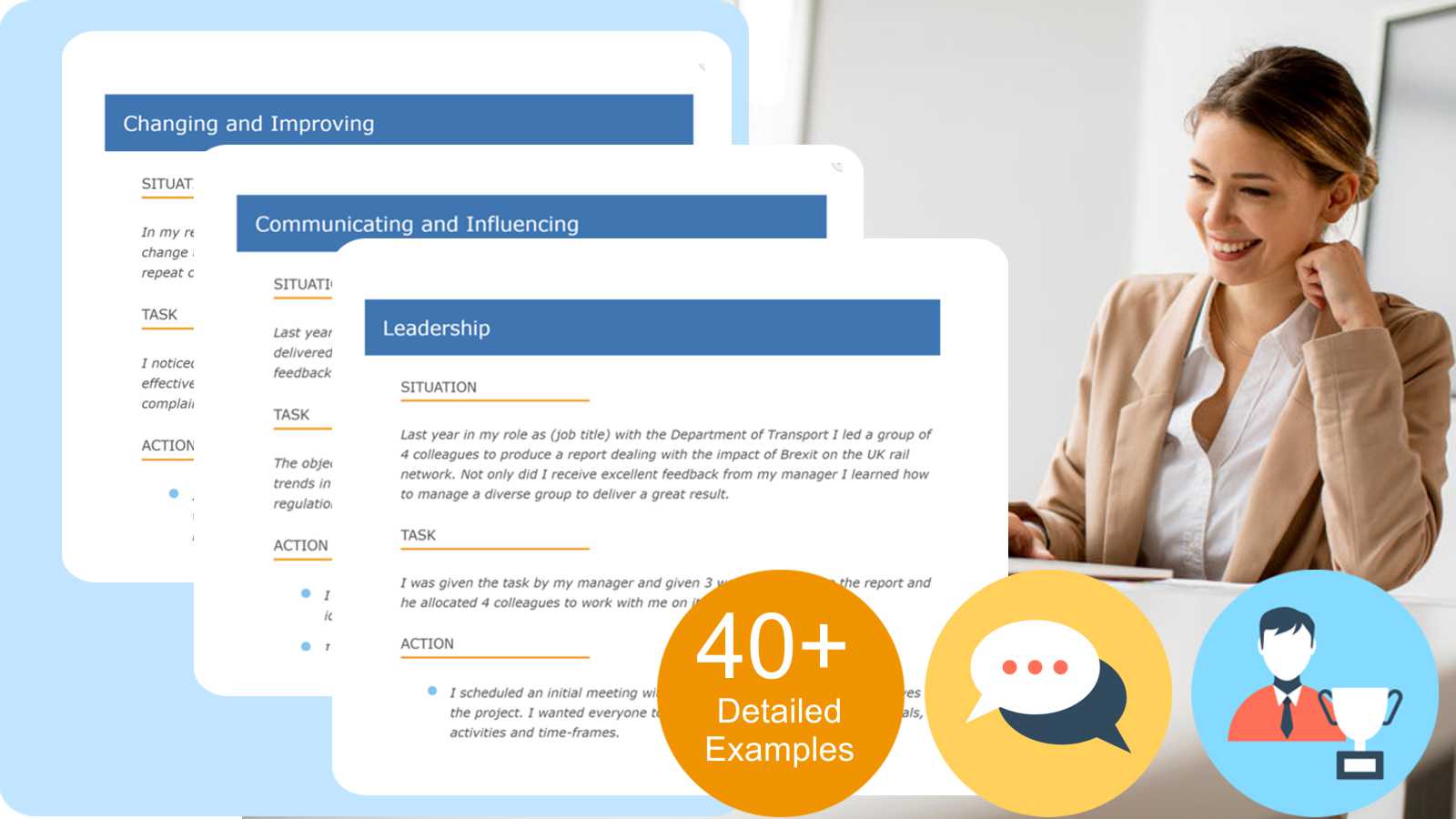
Career planning is vital irrespective of the stage you are at. Maybe you are starting out, stepping into the world of work for the first time? Or perhaps you are ready to make the next move in your career progression?
Embarking on the journey of career planning and job selection can feel like navigating through an intricate maze. This pivotal process, however, holds the key to unlocking a future where passion and profession align, promising not just financial stability but personal fulfillment as well.
In this article, we share with you our top tips and show you how a clear career path can help you find that dream job you will love, no matter where you are in your professional journey.
Why create a career plan?
So many people drift from job to job without any clear direction. This can cause challenges when trying to get into a new job and we see this time and again in our interview training practice.
An employer will look for a career goals and will ask interview questions exploring yours. They will want to see why you have applied, why you have chosen their organisation and how this fits in your career plan.
Ok so let’s look at the reasons to create a career plan
- It’s a concrete way to identify your short and long-term goals. While this plan is a helpful guide, it is designed to be adaptable and resilient because just as life has twists and turns, so will your career plans.
- Career planning can help put you on the right path to your chosen career and remind you of your original goals so you can track your progress as you go.
- Careful planning can help you identify the steps you should take to ensure you’re the strongest candidate for any job and then again during career progression.
Here are five key stages for successful career management and seven critical elements of career planning that will simplify your journey into professional life.
Perfect Answers: Know What To Say to Win Your Next Job
What are the five key stages of career planning?
We have designed the five stages of career planning to make you think. Follow the stages, and by the end of the process, you will have a clear view of your career trajectory.
Stage 1: Clear Self-Assessment
- You should by now know your personality, values, and interests; after all, that’s what university is for—not just learning but self-assessment. But if you’re still unsure, create a self-assessment checklist. Add technical and transferable skills (transferable skills are the abilities you have developed that can be transferred from one job to another).
- Combine your self-assessment with a practical checklist. Any practical checklist should combine elements that coincide with your self-assessment but on a practical level, like geographic preferences, work-life balance and preferred company culture. These lists will not define you; what’s on the list should be adaptable to circumstance, but a well-prepared checklist will give you a starting point and a place to begin your company research.
Stage 2: Research and Identification
- There are many well-known career paths, such as medical and teaching. However, many other less well-known career paths offer an alternative to regular professions. Not that being a doctor or teacher isn’t a great career option, but it’s unlikely that you need a career plan for those jobs as they are already well mapped out. We suggest you explore the vast range of careers and don’t limit yourself at this stage.
- It’s now that thorough research pays off; learn about industries within your preferred field and spend more time on trends within that industry than usual. It’s the trends that create the jobs of the future. Consider coding; five years ago, coding as a career was a solid option, but now it isn’t – AI is. AI has taken over from coders, but progressing AI needs developers. Study as much updated information as possible; your research will help you identify suitable employers and prepare you for interviews.
Stage 3: Assess and Evaluate
- Assessment is vital at this point. Look at what you have learned and reflect on the knowledge. There are no right or wrong answers at this stage (or any stage), but taking a reality check after each career area you’re exploring is useful. Evaluate your findings and cross off anything that gives you red or amber flags.
- Create a pros and cons list. It may appear like you’re forever creating lists, but it’s a visual way to eliminate those flags and help you concentrate on what really appeals to you. Once you have drilled your options down, focus on what you need to be competitive and what skills, experience, and knowledge you need to gain an edge over other candidates. Ask yourself if you are inspired enough to develop these skills and knowledge because it’s likely you won’t have the experience – if the answer is yes, then you need to go back to your research.
One point to keep in mind is that entry-level jobs and the start of your career will never tick all the boxes and will often have some less desirable features, but this job is a door opener, a stepping stone to help you in the future reach more senior levels.
Stage 4: Research Into Practice
At this stage, you have drilled down the options and explored all the career paths in your chosen field or fields, and now it’s time to suck it and see – get some experience to add to your skill set. Consider this stage as a free trial and try out some career options. Applying for summer or annual internships is the perfect way to test the viability of your career goals.
If you haven’t graduated yet or plan to stay on for a Master’s degree, volunteering in your chosen sector might be a good way to dip your toe in the water. If you need to finance yourself, search for part-time or ad-hoc positions through student organisations or companies that take on freelancers for short or interim contracts.
Stage 5: Reflection and Re-Evaluate
Keep reflecting on everything you have learned; reflection and reevaluation are the best ways to maintain an enjoyable career trajectory. Taking enough time to reflect helps define the type of career in the best environment that suits your lifestyle and aspirations. Reflection doesn’t need to be time-consuming, but it will be helpful over the long term.
Career Planning: Our Top Tips
What are the seven critical elements of career planning?
To go even further, we have identified seven critical elements and ended this article with a few valuable tips to help you define and evolve your career goals so you can take control of your professional journey.
- Understand your strengths—like stage one above, this point is the starting point for your career research.
- Be realistic – combine your desires with a reality check. You can always change when your reality evolves.
- Invest in research – investigate all the trends in your preferred industry and consider societal trends, as these are often an early indicator of industry change. Forewarned is forearmed.
- Invest in yourself – never stop learning. Education is never wasted, and tweaking your knowledge can lead to inspiration.
- Networking is key – these days, we frown on the ‘old boys network’ and the ‘who you know’ attitude, but there’s nothing wrong; in fact, there’s everything right with networking through your chosen industry. See tips below.
- Embrace resilience – if, at first, you don’t succeed, it’s an old adage that works. For those who don’t know, the saying goes: If, at first, you don’t succeed, try and try again.
- Evaluate and reflect – consider what you have learned and use that information to cross off industries or companies you believe are not a good fit.
Mistakes to Avoid When Choosing and Planning Your Career
Career planning is a critical step toward professional satisfaction and success. However, even with the best intentions, it’s easy to fall into traps that can derail your career trajectory. Here are six common mistakes to avoid when planning or choosing your career:
1. Ignoring Your Passions and Strengths
One of the biggest mistakes is choosing a career path based solely on market trends or salary potential, while ignoring your personal interests, passions, and innate strengths. This misalignment can lead to dissatisfaction and burnout. It’s crucial to consider what genuinely excites you and where your talents lie to find a career that feels rewarding.
2. Failing to Research Thoroughly
Jumping into a career without adequate research can lead to unpleasant surprises about job expectations, industry health, or advancement opportunities. Take time to understand the nuances of the field, including necessary qualifications, day-to-day responsibilities, and long-term prospects.
3. Overvaluing Others’ Opinions
While it’s important to seek advice, giving too much weight to the opinions of friends or family can lead you astray. Remember, you’re the one who will be working in your chosen field. Make sure your career decisions align with your own aspirations and not just the expectations of others.
4. Not Considering the Lifestyle Impact
Different careers can vastly affect your lifestyle, including work-life balance, stress levels, and time for hobbies or family. Overlooking these aspects in favor of prestige or income can compromise your overall happiness and well-being.
5. Underestimating the Importance of Networking
Many people focus solely on skills and qualifications, neglecting the power of networking. Building relationships within your desired industry can provide valuable insights, mentorship, and job opportunities that aren’t advertised publicly.
6. Resisting Flexibility and Adaptation
The job market and industries are constantly evolving, and what works today may not work tomorrow. Being too rigid in your career plans or unwilling to adapt to changes can limit your opportunities. Embrace flexibility, continue learning, and be open to shifting your path as needed.
By avoiding these mistakes, you can navigate the complex process of career planning with greater clarity and confidence, setting the stage for a fulfilling professional life.
Final Thoughts to Help you Choose the best Career for you
If you’re at the beginning of your professional journey or even mid-way through it, it’s worth bearing a few things in mind.
Your career does not define you, and you can change your mind. If circumstances mean you must have financial support, get a job as soon as possible and create an escape fund when you are employed. Aim to be independently financially viable for at least three months. Being financially viable means having funds to pay your rent or mortgage and bills for the time it might take to change your job and even your career path.
You may never use this money, but the confidence you gain knowing the money is available should you need it makes all the difference.
It’s also important to remember that not every job or career turn will work out; it’s okay to make mistakes; in fact, they are not mistakes but opportunities to learn. The most successful people will credit their mistakes or worst job experiences as the leap toward a successful path.
Finally, never stop being excited by possibilities and don’t ever think you are indispensable. Remain intrigued, and don’t be afraid of change. Managed correctly, change is a fantastic opportunity to progress, personally and professionally.
InterviewGold Makes Your Interview Preparation Easy
Preparing for your next job interview can be a breeze with InterviewGold
With our online interview training program you will learn how to answer the trickiest questions with ease. Plus you will get detailed sample answers all proven to boost your chances of winning the job.
Best of all, it is tailored to your target career. Log in select your sector and then select your role and get accurate questions and answers plus tons of top advice. Over 20 sectors are covered including Accounting, Finance, Customer Services, Banking, Marketing, Sales etc.
Get The Job You Want With InterviewGold
Get Instant Access to InterviewGold and Get The Job You Want



